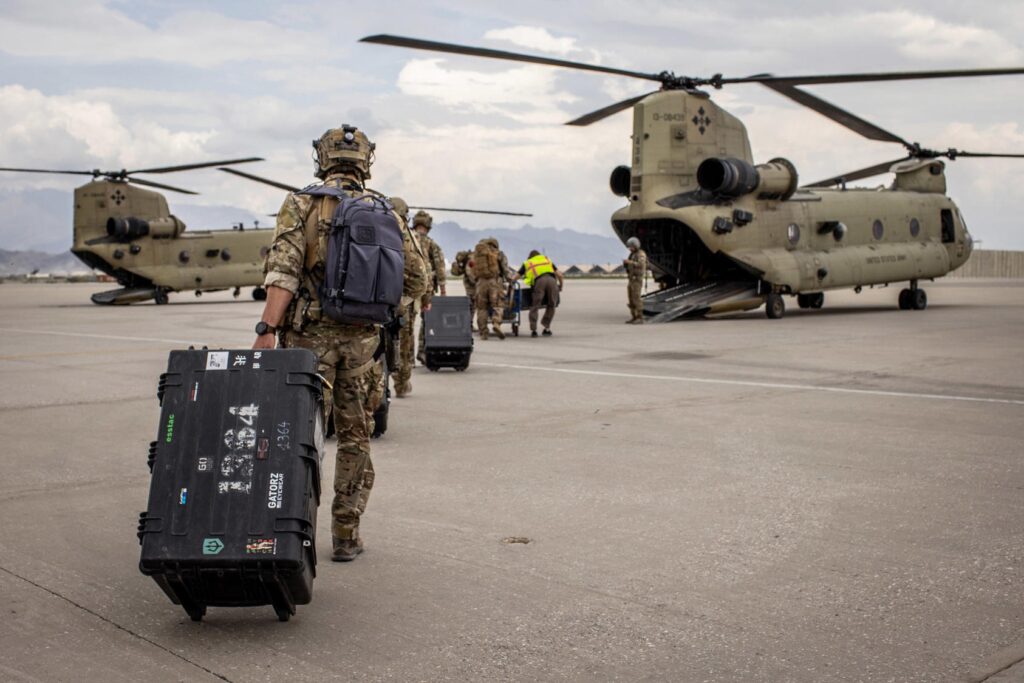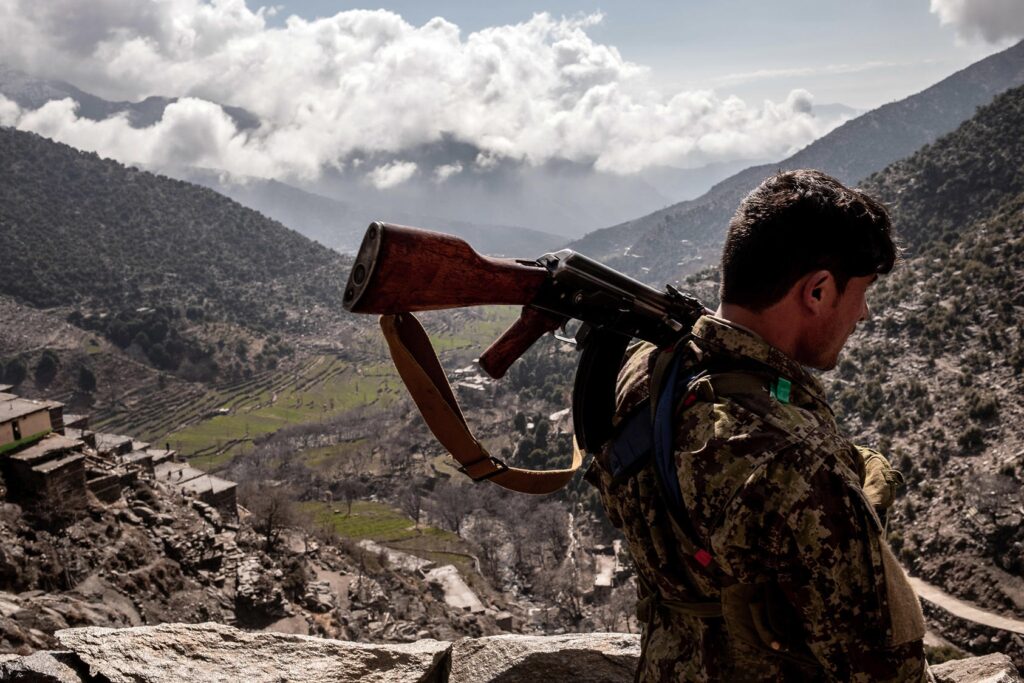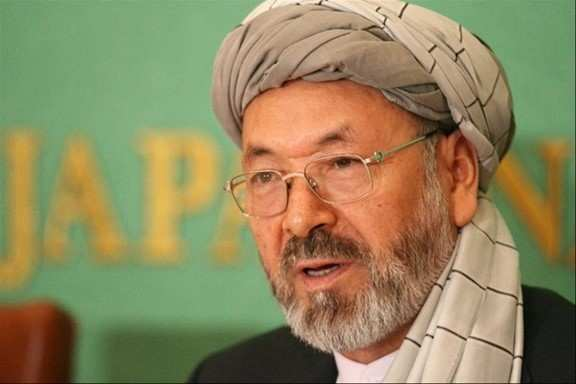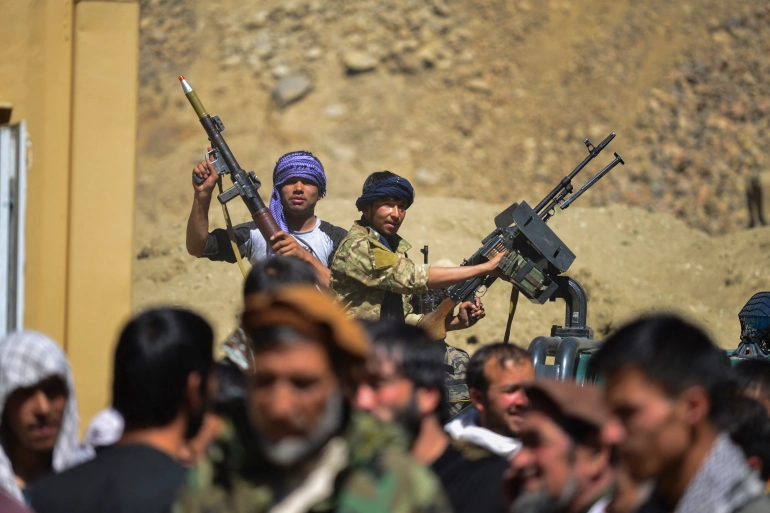The ‘Armed Struggle’ Charade In Kashmir – OpEd
It’s now been more than three decades since terrorism first raised its ugly head in J&K and no Kashmiri has remain untouched by the pain and suffering it has caused. Despite a host of human rights organisations and activists who claim to be extremely concerned and greatly distressed by violence in J&K, not even one of the self-professed ‘well-wishers’ of Kashmiri people has made any serious attempt to educate those who have picked up the gun on the futility of the so called “armed struggle.” Au contraire, there are plenty who by justifying violence perpetrated by terrorists are actually encouraging a culture of violence that’s brutalising the very people these activists claim to be so worried about!





